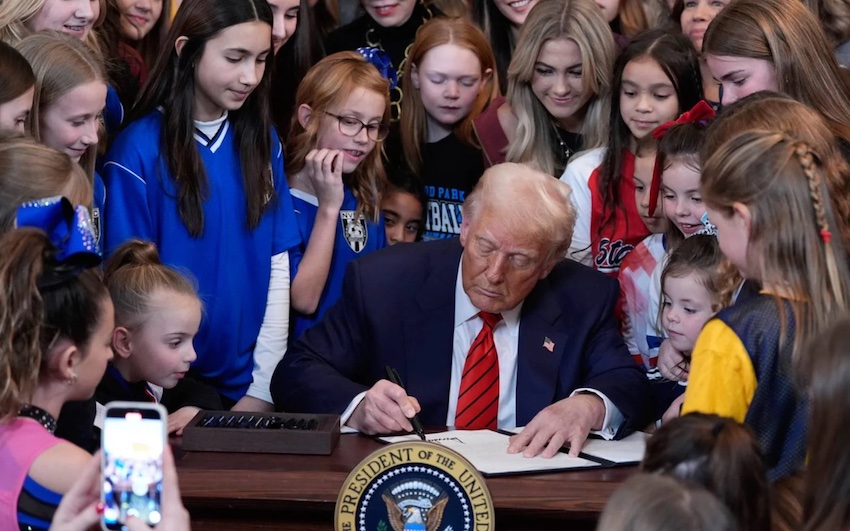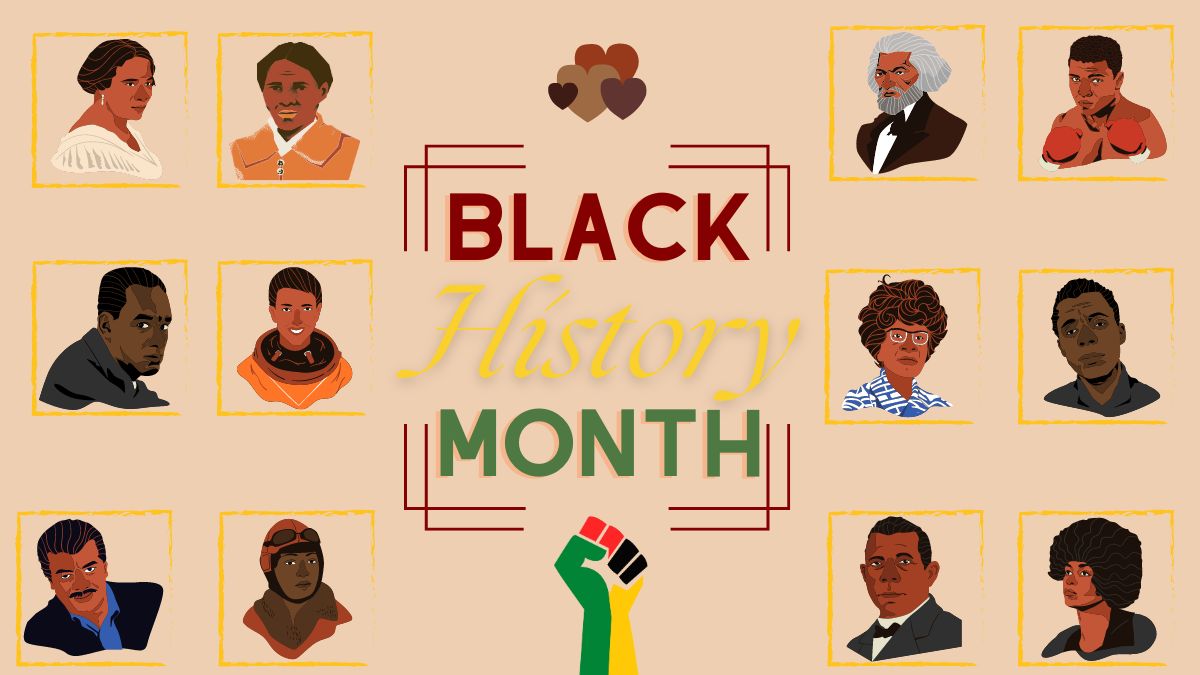Remember to listen, focus on communication

Very often we only listen so that we can respond, instead of seeking to understand. We listen in order to share our own opinions without much concern towards the speaker’s real intent.
As the world becomes more technology based, we begin to devalue the experience of listening to someone and giving people our full attention.
The average human has the mental capacity to listen to 400 words a minute but are only able speak 125 words a minute. Because the listening capacity is less than the speaking capacity, listening only uses 25% of our brain capacity, leaving the rest open to distractions.
We are frightened by silence, and a pause in a conversation is considered “awkward”. When on a date or hanging out with a friend, hesitation in conversation is “uncomfortable” and may cause us to think that we are incompatible with that person. Our phones consume our attentions, lessening the importance of paying attention. We struggle to listen to others and even to ourselves.
In America it is perceived that getting a job, being busy and spending time with friends makes you a successful person. We fill our schedules with so many appointments that “paying attention” gets pushed down on the list. In some cultures however, listening is a guiding principle.
In a country such as Mozambique, stories fill conversations and the only way to consume each tale is by listening. You can absorb all the information possible, but to listen is to gain real knowledge.
Western culture has opted for instant gratification rather than the enjoyment of the time between the chaos. Though it seems like a universal skill, the average human only retains about 17-25 percent of what they hear.

According to author and psychotherapist Richard Carlson in his book “Don’t Sweat the Small Stuff“, stress builds when communication becomes centered around our opportunity to speak. When our main focus turns to what others have to say, the pressure comes off and we can digest what we are hearing.
“We often treat communication as if it were a race,” Carlson said. “It’s almost like our goal is to have no time gaps between the conclusion of the sentence of the person we are speaking with and the beginning of our own. But as you wait for the people you are communicating with to finish, as you simply listen more intently to what is being said, you’ll notice that the pressure you feel is off.”
To keep this art form from becoming extinct, we need to practice and exercise our listening skills. By asking questions that help you to understand what someone is saying, you make them feel valued and you gain people’s trust. This deepens relationships and creates a genuine environment for sharing opinions and facilitating conversation.
Do you often find yourself in the company of good listeners? Would you describe yourself as a good listener? Why or why not?
For another editorial, read Editorial: Resolve issues through mediation, conversation. For more articles, read Macie Thompson achieves school record 1,000 points or Cheer team prepares for FCC West Coast National Championships.






